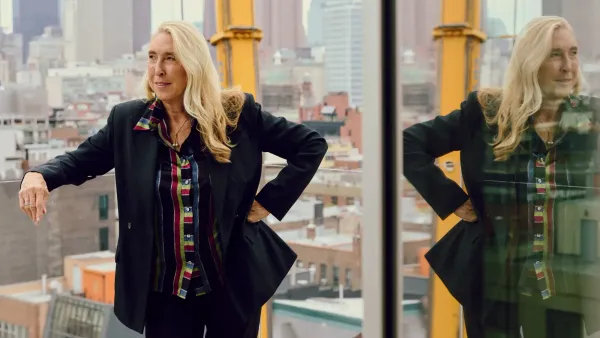France’s Art Market Erupts as Lawmakers Float Tax on Simply Owning Art
A proposal inside France’s 2026 budget jolts the cultural sector, sparking warnings of market contraction, museum loan freezes and an exodus of collectors.

A proposal inside France’s 2026 budget to tax the simple possession of artworks has shaken the country’s cultural sector, drawing a swift, united backlash from galleries, auction houses and market organizations. Critics warn the plan could drain buyers from the world’s fourth-largest art market, freeze museum loans and push collecting activity offshore.
The response was immediate. France’s art ecosystem — from market groups to rights organizations — issued a joint declaration warning that the country would stand alone among major art capitals with such a levy. The price, they argued, would be cultural as much as economic.
France commands more than half the EU’s art-market value, roughly $4.2 billion. A tax on ownership could make collectors retreat. Buying slows. Selling stalls. Pieces stay hidden within families. Museum loans shrink. The orbiting industries — freight firms, framers, restorers, insurers — feel the drag. The state itself risks losing up to €578 million in indirect revenue.
A practical problem sits at the center of the storm: how to tax something purchased decades ago, inherited quietly, or hanging unregistered on a wall. The proposal requires valuation, but France lacks any unified authority capable of assessing millions of private works. Without clarity, the sector fears collectors may shift art abroad or reroute activity to friendlier EU markets.
The political climate adds more friction. Rapid shifts in alliances and budget priorities have left cultural institutions bracing for sudden disruptions. A tax misaligned with neighboring countries, observers argue, would put French buyers and sellers at a structural disadvantage in a region where capital and art move easily.
Versions of this idea surfaced in the early 1980s before dissolving under pressure. Many believe the same will happen now. Until lawmakers decide, France faces an uncomfortable question: how far can it push a tax policy before it undermines the cultural legacy it claims to protect?
© ART Walkway 2025. All Rights Reserved.





